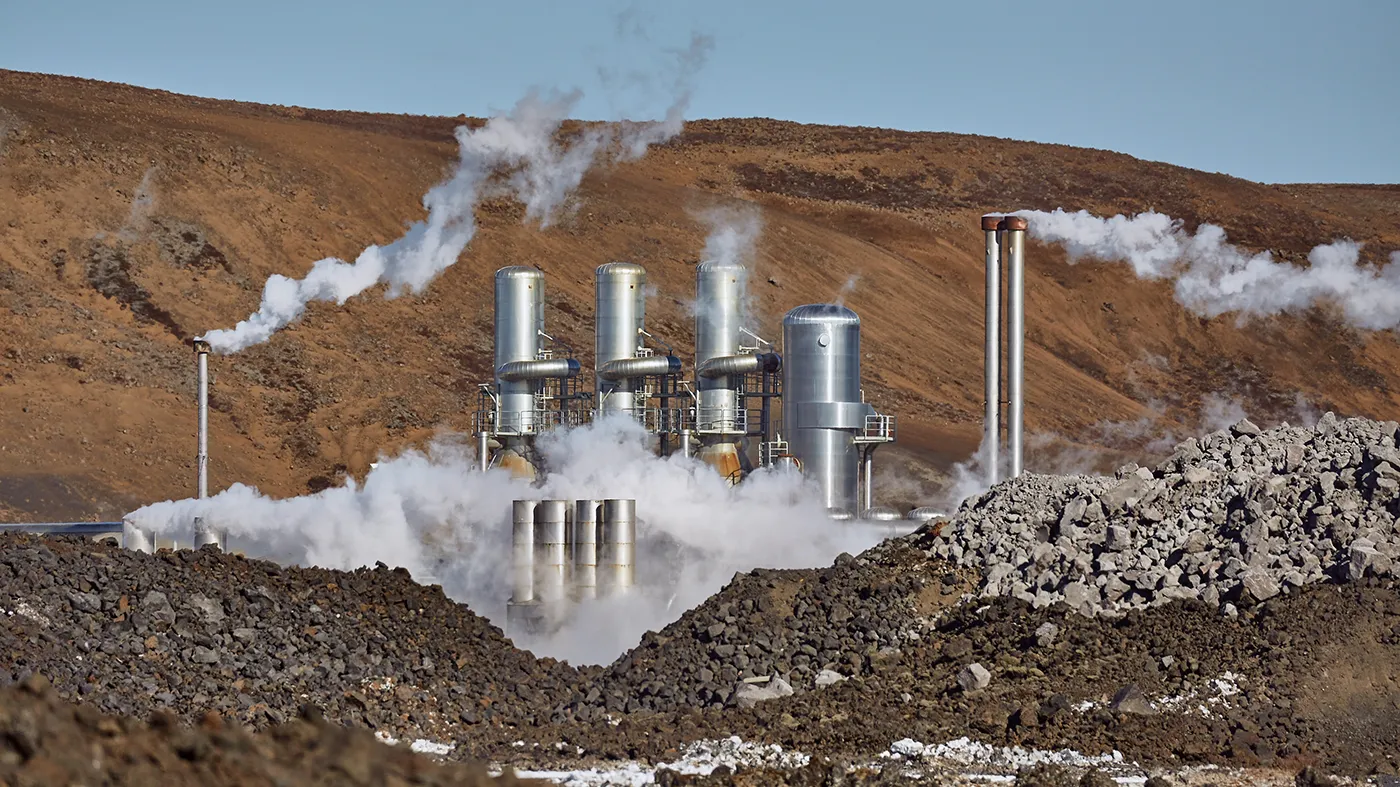Meta Secures Groundbreaking Next-Gen Geothermal Power Deal

Meta's Groundbreaking Geothermal Power Initiative
Meta, the parent company of Facebook and Instagram, will by 2027 power data centers using geothermal energy storage, according to a power purchase deal announced Monday. Meta's partner in the deal, Sage Geosystems, is a company run by three former Shell Oil executives who have sought to use their experience in drilling and fracking wells to build out forms of energy storage that use cavities within the earth as a kind of battery that can store electricity for two to three times as long as lithium-ion batteries.
Meeting Energy Demands with Clean Power
For tech companies like Meta, clean baseload power is essential to keeping its climate commitments while also meeting the staggering power demands of their ambitions in training new artificial intelligence (AI) models. Sage sees this form of energy storage as a key step toward next-generation geothermal energy, which relies on the technology of oil and gas fracking to tap the Earth’s buried heat for industrial or electric power.
Expanding Geothermal Energy's Potential
Earlier in August, Sage announced a deal with the San Miguel Electric Cooperative, a South Texas coal mining and power company. This earlier agreement is significantly smaller than the one with Meta, which involves ultimately providing 150 megawatts of power—50 times the amount planned for the San Miguel project. The method commonly used by Sage differs from traditional hydrothermal energy, which depends on existing underwater conduits of superheated water to generate electricity.
Next-Generation Geothermal: A Game-Changer
Next-generation geothermal power seeks to create the necessary geology through drilling and hydraulic fracturing, as indicated by the Department of Energy (DOE). A recent study found that this technology could power the equivalent of 4 million households by 2030, with much larger potential estimates for midcentury. The LPO has suggested that getting geothermal development rolling will require substantial investment, but could profoundly impact our clean power supply.
This article was prepared using information from open sources in accordance with the principles of Ethical Policy. The editorial team is not responsible for absolute accuracy, as it relies on data from the sources referenced.